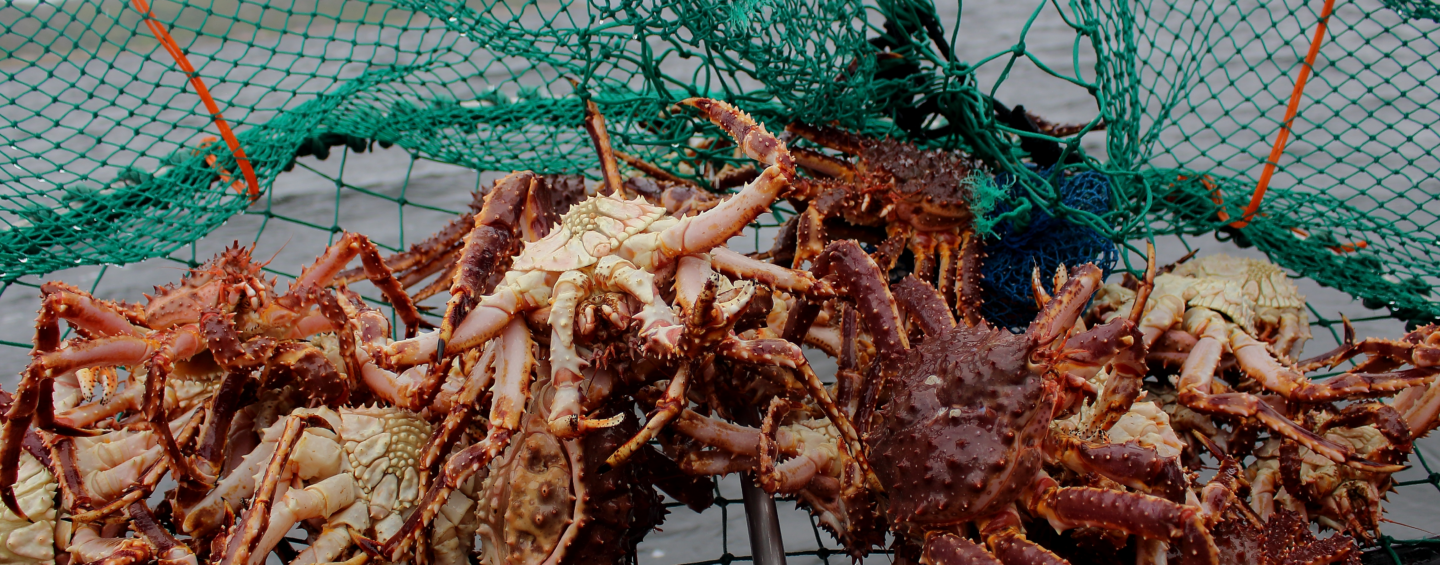World Wildlife Fund (WWF) recently released a report on illegal, unreported and unregulated (IUU) crab fishing in the Russian Far East (RFE). The report highlights the significant problem of illegal crab harvest and documents several channels by which illegal crab reaches the market. In particular, the report analyses trade statistics and concludes that imports of crab by the United States, Japan, South Korea, and China have exceeded legal harvest levels and export data by as much as 2–4 times over the last decade. Taking into account a number of shortcomings identified in trade statistics, the report also estimates that over that same time period, on average three-quarters of the king crab consumed in the US market is from Russia. Unfortunately there is no way to tell how much of this crab is legal or illegal. The report offers a number of recommendations for various stakeholders to deter and eliminate trade in illegal products.
The WWF analysis highlights the scale of illegal trade in Russian crab, but also shows an important trend—namely, that the discrepancy between import and export numbers has dropped significantly since its peak in 2006–2007, and has dropped almost steadily since that time. While this could be due to several factors, actions by the Russian Government, the entering into force of bilateral agreements between Russia and some North Pacific trade partners to prevent IUU crab trade, and more recently the work of the Russian Far East Crab Catchers Association undoubtedly played key roles.
Since 2011, SFP has been working with the Crab Catchers Association through a Memorandum of Understanding to support their efforts to eradicate illegal fishing and improve crab fisheries through a fishery improvement project, consider options for certification of crab fisheries, and make more information and data on crab fisheries publicly available. The improvement needs identified by the FIP align closely with the recommendations in the WWF report, and also offer specific interim actions that can be taken by the Russian Government and the supply chain to deter and eliminate trade in illegal crab.
SFP recommends that all buyers and suppliers of Russia crab:
- Take steps to ensure the legality of crab imports, including requesting catch verification documents issued by Russian authorities
- Support conclusion of the US-Russian bilateral agreement currently under negotiation, along with similar agreements to eliminate trade in illegal products
- Support the RFE crab FIP, and encourage Russian suppliers to join the Crab Catchers Association
- Contact SFP to learn more about our RFE Crab Supplier Roundtable and planned meeting during the 2014 Boston seafood show.

